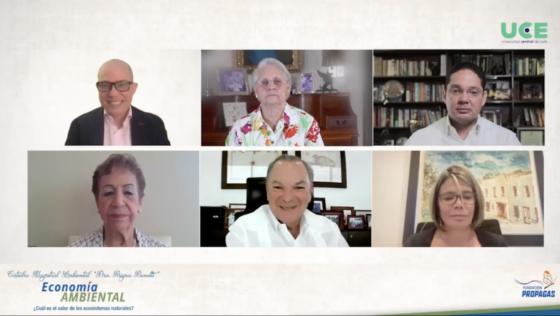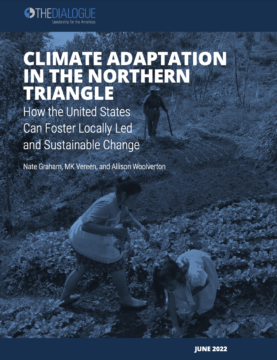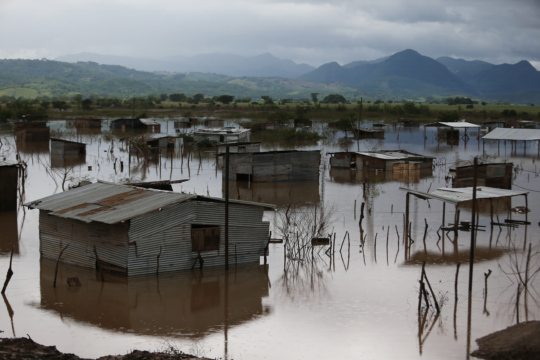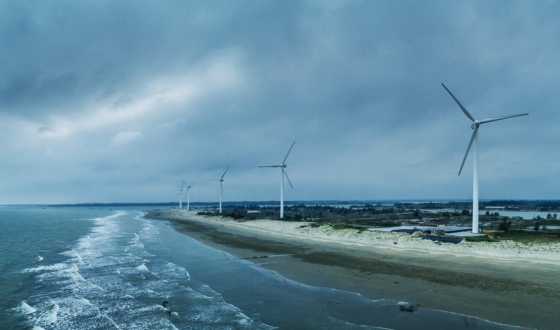
What Will Climate Investments Mean for Latin America?
A Latin America Advisor Q&A featuring experts’ viewpoints on climate commitments in the U.S. Inflation Reduction Act and their impact on Latin America and the Caribbean.
This post is also available in: Spanish
Nate Graham is the former program manager for the Inter-American Dialogue’s Energy, Climate Change & Extractive Industries Program. From February to June 2022 he served as the program’s interim director. He first joined the program in May 2018 and worked as an assistant, then associate, until June 2021. He then worked for Environmental Incentives, providing technical and logistical support services for USAID environmental programming in Latin America and the Caribbean, before returning to the Dialogue.
Graham graduated Phi Beta Kappa from Washington University in St. Louis with a B.A. in political science and economics and a minor in environmental studies. While at Washington University, he spent a semester studying at the Pontificia Universidad Católica de Chile and interning at the US Embassy in Santiago, where he focused on the mining and automotive sectors for the Foreign Commercial Service.
Graham’s articles on energy and climate policy in Mexico, Venezuela, Brazil, and other countries in the region have been published in The New York Times, Foreign Policy, World Politics Review, Americas Quarterly, El Tiempo (Colombia), and El Comercio (Peru). He speaks English and Spanish and is proficient in Portuguese.
A Latin America Advisor Q&A featuring experts’ viewpoints on climate commitments in the U.S. Inflation Reduction Act and their impact on Latin America and the Caribbean.
Healthy ecosystems are essential for human health and prosperity, yet they are also under pressure from unsustainable development.
This report, informed by the Dialogue’s Task Force on Climate Change in the Northern Triangle, complements the recommendations of the previous report in the series, on themes such as agriculture, water, energy, and finance, with strategic recommendations for US assistance to foster effective and sustainable adaptation, especially through empowering local leadership.
Making climate change a central theme of a renewed US focus on the root causes of migration from the Northern Triangle presents an opportunity for the Biden administration to address its border dilemma while simultaneously advancing its climate-related foreign policy goals.
The economic damage wrought by Covid-19 in the Caribbean will have numerous implications for the energy sector. In this Q&A, Jed Bailey, managing director of Energy Narrative, discusses impacts for renewables, resilience, utilities, and more.
The perfect storm of the plummeting oil price and the Covid-19 pandemic could have dire consequences for oil-dependent Latin American economies, lead to a reduction in upstream investment, and damage the prospects for renewable energy projects.
The threat of future oil shocks like the war in Ukraine can make it appear unattractive [for Colombia] to cut back on domestic oil production and risk energy self-sufficiency.
The current [Russia-Ukraine] crisis underscores the geopolitical risks of dependence on foreign oil and gas and the importance of reducing it for energy security reasons, which could be an accelerating factor for the transition to renewable technologies, green hydrogen, etc.
 Video
Video



